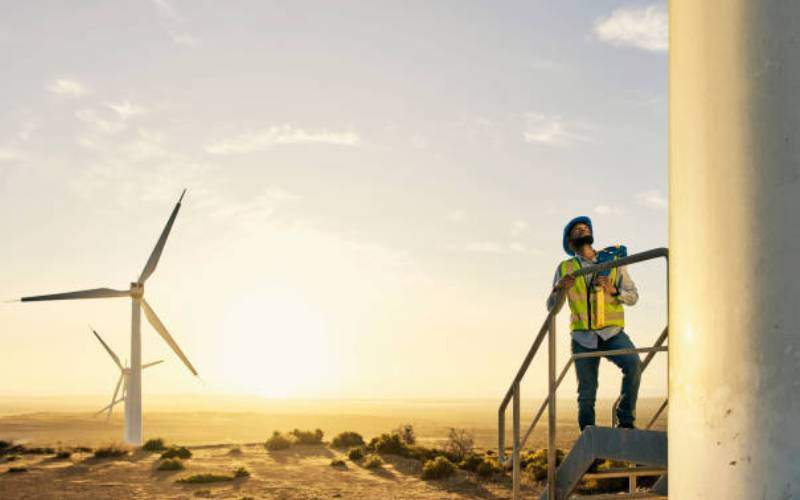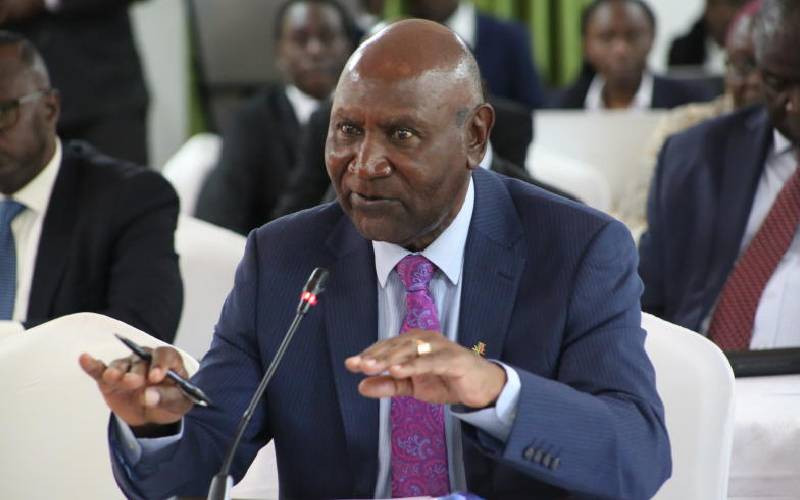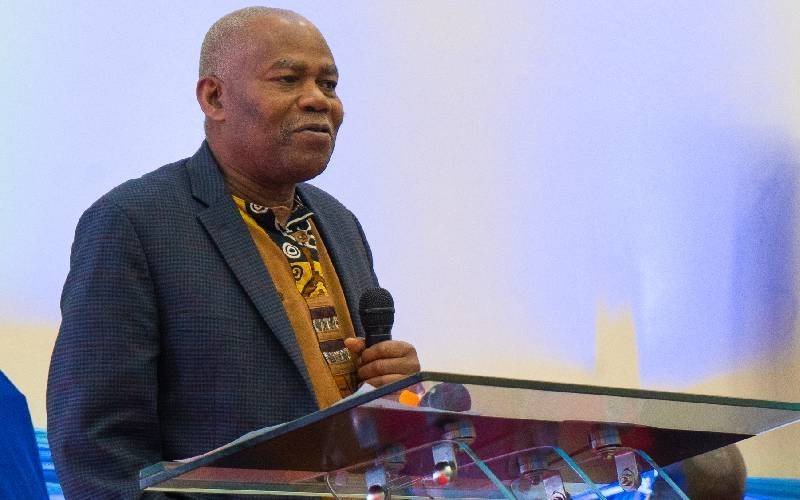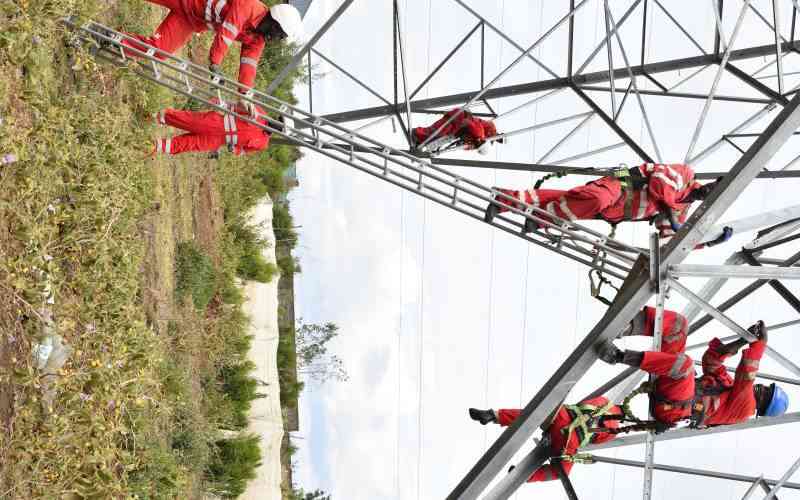
On a stretch of land between Namibia and South Africa, a new pipeline will carry the promise of Africa’s energy sovereignty.
Namibia and South Africa have finalised an innovative cross-border green hydrogen pipeline agreement, pending an uplift in renewable capacity, widely recognised as a landmark development for advancing both countries’ energy resilience and long-term economic prospects. This engineering feat will be a powerful symbol that African nations are taking charge of their energy future and rewriting the rules.
Is this the dawn of an energy self-sufficient Africa?
Across the continent, a pan-African movement to secure control over energy mix and supply is gaining momentum. After decades of dependence on imported fuels and foreign companies, countries are not only shifting course and pursuing homegrown solutions but also laying the foundation for potential future exporting capacity.
One resource in particular has emerged as a cornerstone of this drive for autonomy: natural gas, shipped as liquefied natural gas (LNG). Leaders increasingly view LNG as the backbone of a stable, diversified energy system. LNG offers a reliable and steady source of power that is less prone to disruption than imported oil or even weather-dependent hydropower. By expanding the role of gas, countries can reduce their reliance on coal and costly diesel imports while insulating themselves from global price swings.
Underscoring just how central LNG is becoming to the continent’s energy future, forecasts suggest that natural gas is expected to represent 30 per cent of Africa’s energy mix by 2050. Gas is a cleaner alternative to coal and complements a growing renewables sector by providing flexible power when solar or wind falter. It also strengthens the energy baseload, offering consistency, easier storage and transportation. At the same time, LNG projects across the region are driving economic impact – creating jobs, stimulating industrialisation, and attracting investment.
Africa’s rising energy autonomy is beginning to disrupt the global energy order. The continent accounted for nearly 40% of the world’s new natural gas discoveries in the last decade. Where once Africa’s resources were seen as a prize for others, now African nations are leveraging them to build strategic advantage.
Countries like Mozambique, Nigeria, Senegal and Mauritania are on the brink of becoming major LNG exporters. Mozambique, for example, is poised to significantly boost Africa’s LNG export capacity once its massive projects come online.
Crucially, “energy sovereignty” is about ownership and agency. Historically, foreign corporations dominated Africa’s oil and gas sector, reaping profits while African nations imported refined fuels and expertise. Today, that balance is shifting: local companies and national oil firms are stepping up to take the reins of energy projects. In Nigeria, for instance, the retreat of Western oil majors from onshore fields has opened the door for local firms to fill the void.
A giant of energy potential is stirring from its slumber.
This shift is being recognised on the global stage. Recently in Milan, African energy ministers from Egypt, Mauritania, Libya, Nigeria and others stood alongside an elite standard of international CEOs and policymakers at Gastech 2025, one of the most influential gatherings for the gas and LNG industry. Their participation at this event underlines how Africa has become central to discussions on LNG, energy security, and long-term investment, joining international counterparts to shape the next era of global energy.
To be sure, this movement towards full energy sovereignty is still in its infancy – and it remains fragile. Financing large-scale energy projects can be daunting, infrastructure gaps persist, and political or security risks have delayed key projects. Yet the trajectory is set.
Africa is taking charge of its energy destiny. With pragmatic investment and steadfast leadership, the fledgling energy sovereignty movement will continue to gather strength. The continent is charting its own course, and in doing so, reshaping the global energy order in a way that promises a more inclusive energy future.







